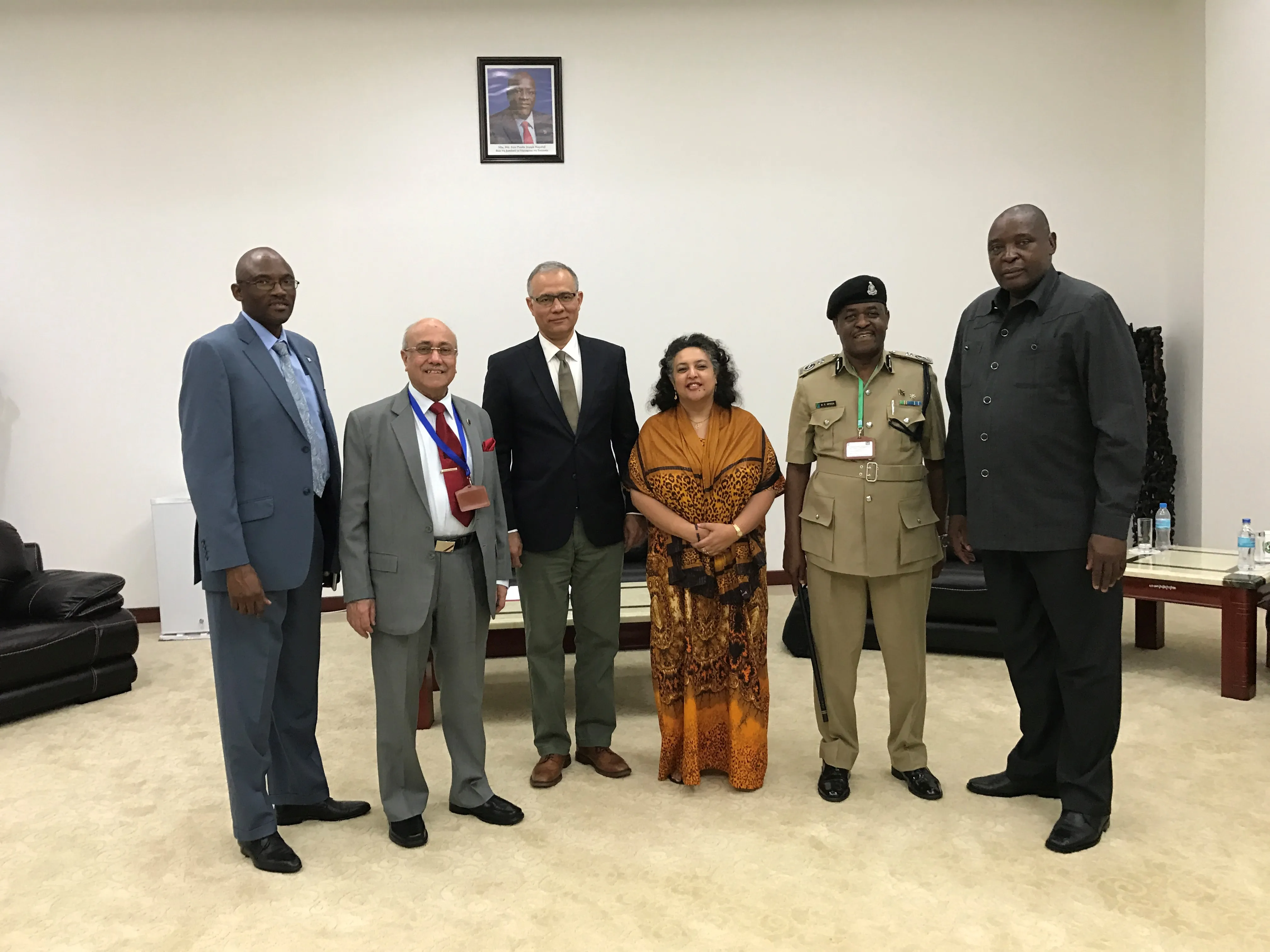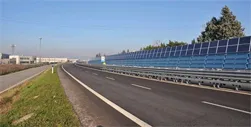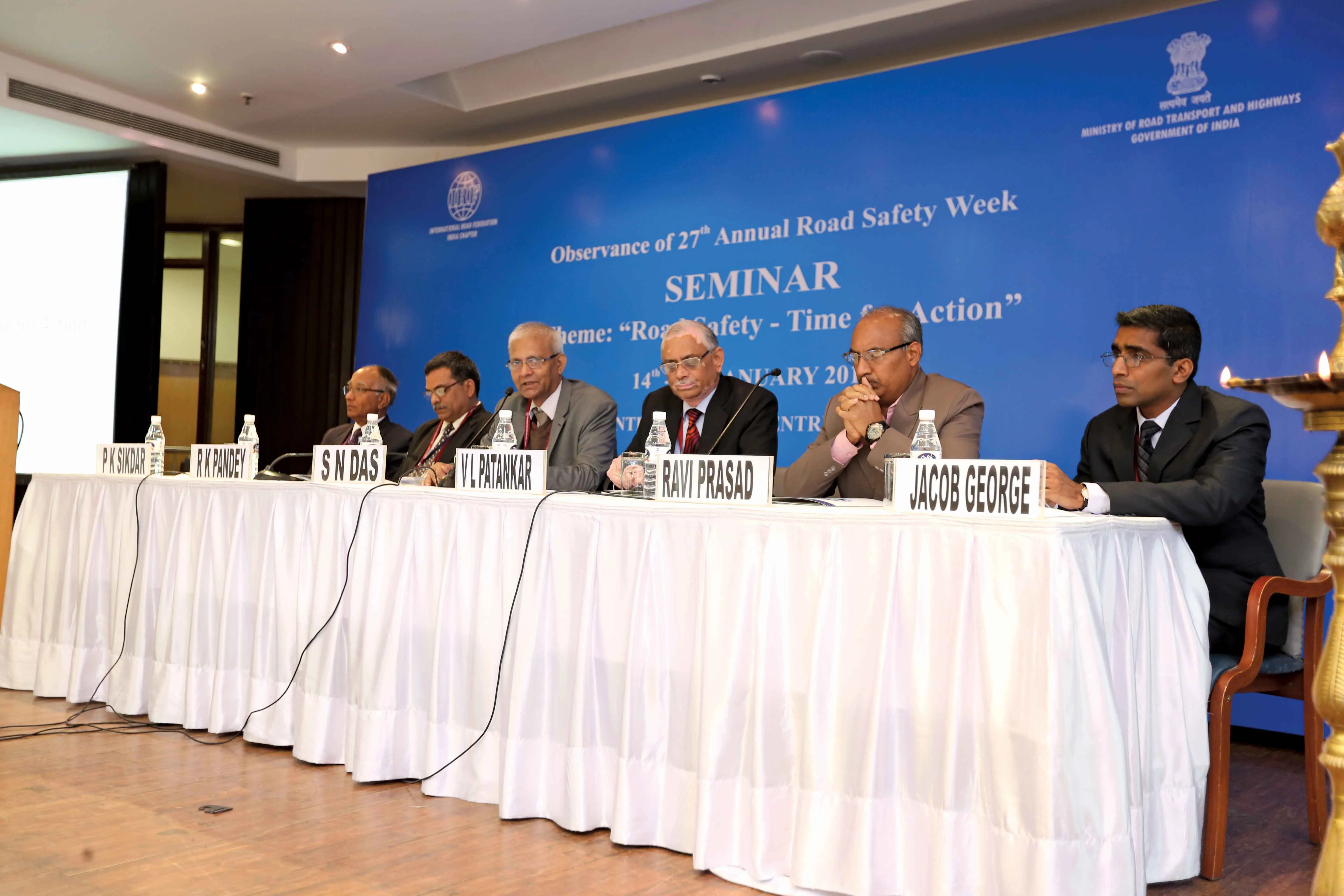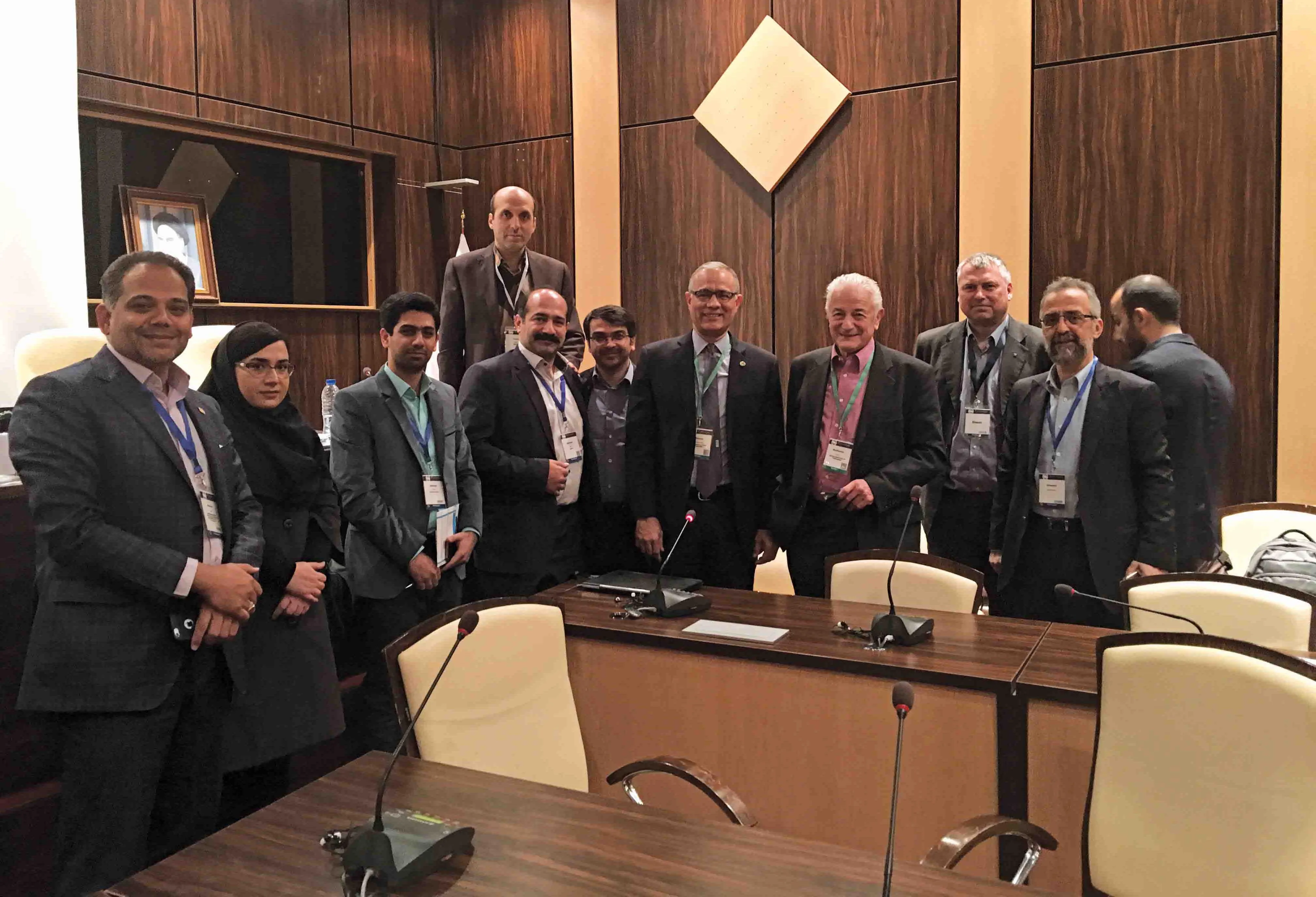
The Honourable Tanzanian Minister for Works, Transport and Communications, and Chairman of the
The key conclusions of the seminar were:
1. Political commitment is needed for improving road safety.
2. Each country should prepare a national road map.
3. Dedicated Road Safety Boards addressing ALL aspects of road safety should be established.
4. The Road Safety Board should report directly to the Head of State.
5. Countries should implement road safety standards for vehicles and infrastructure.
6. Regular road safety audits and inspections should be made routine.
7. A “Black-spot” remediation program should be implemented.
8. Reliable data collection and management systems must underpin road safety policy.
9. Road safety education should become an integral part of school curriculums.









